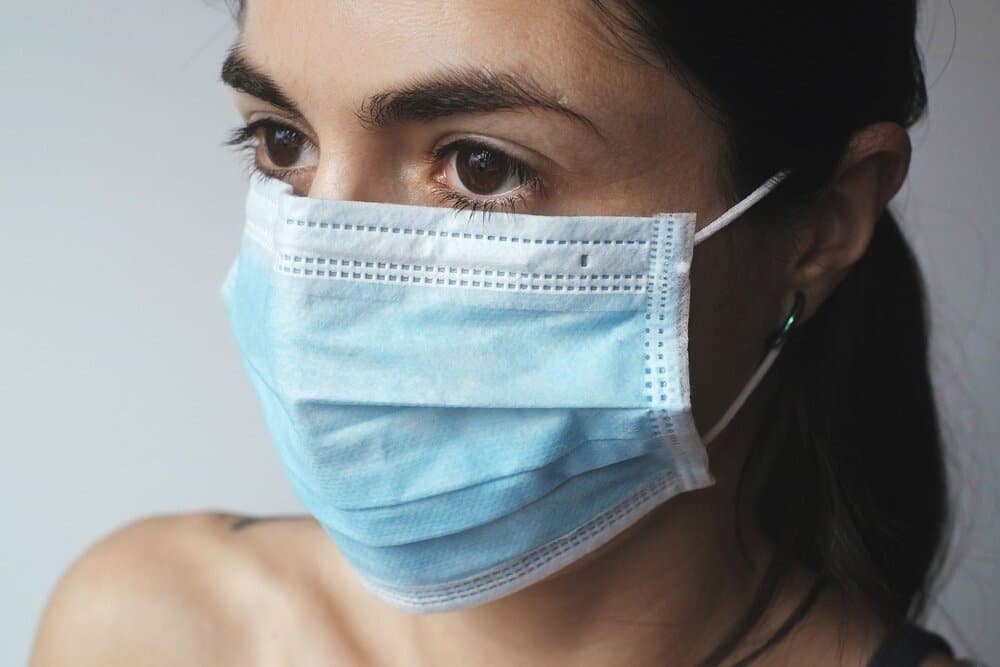By David Saunders | UPDATED: 11:28, 26 March 2020
As the government-imposed quarantines and self-isolation increases with each day, people suffering with mental health issues are at a much greater risk of seeing their symptoms increase in severity, triggered by the potential of being separated from loved ones, the pressure of hygiene protocols, and fear of the virus itself, amongst other points of concern.
People who already suffer from depression, anxiety and OCD are most at risk as their conditions could easily be exacerbated by these factors, but there is also a potential that the circumstances surrounding coronavirus could lead to a development of new conditions in people who were previously not affected by mental health problems.
The NHS estimates that between 1-2% of people in the UK suffer with severe OCD, but the rates of people who suffer intermittently with bouts of OCD or severe anxiety in any given year can be as many as 20%, or 1 in 5 people.
Depression and anxiety are also two of the most common mental health problems with around 1 in 4 people likely to experience bouts of depression and anxiety at any given point in their lives. The stress caused by the outbreak of Covid-19 can seriously exacerbate these conditions, leading to an increase in compulsive behaviour, extreme self-isolation, panic attacks, uncontrollable anxiety, amongst other consequences.
Gerard Barnes, CEO of mental health treatment specialists, Smart TMS, gives his insight on the mental health implications of the circumstances surrounding coronavirus, shares tips on how to safeguard one’s mental health, and highlights the importance on supporting friends, family and loved ones as the situation develops:
“It is certainly important to take the necessary precautions to protect one’s physical health given the circumstances surrounding the spread of COVID-19, but there is now a real threat of a serious mental health crisis alongside the potential physical effects, particularly to those already suffering with chronic anxiety, depression or OCD.
As the government considers the implementation of further measures to stem the coronavirus outbreak, the potential of long-term self-isolation may have a devastating impact on the mental wellbeing of thousands of people across the UK.
While self-isolation is very much an important action to take to stem a widespread outbreak, the lack of human contact and “cabin-fever” effect of self-isolating can take a toll on one’s mental health; with this in mind, here are some tips on how to look after your mental wellbeing in the event of self-isolation:
Check in on your loved ones
While you may not be able to pay a visit to your friends and family if widespread quarantine and self-isolation measures are introduced, staying in touch with your loved ones through social media, video calling or messaging is more valuable than ever.
Not being in close proximity to people can have a negative impact on your mood and energy levels, and it is therefore imperative that you maintain regular contact with loved ones to improve your mood and make it easier to deal with these stressful and lonely times.
Stay Active
When self-isolating, it is important to make sure that you stay active. Whilst it is impossible to go to a gym and inadvisable to exercise in a public space, we would highly recommend engaging in moderate exercise at home, ideally for 30 minutes a day.
Exercise is one of the best ways to fight symptoms of mental health problems, and people who are less physically active are more at risk of anxiety and depression.
Eat well and stay hydrated
Make sure to think about your diet carefully – this is vital to both your physical and mental health. If your regular routine changes or you are less active than usual, your blood sugar levels are certain to affect your mood and energy levels, so be sure to eat healthily and drink enough water to ensure your body is in its best condition.”
